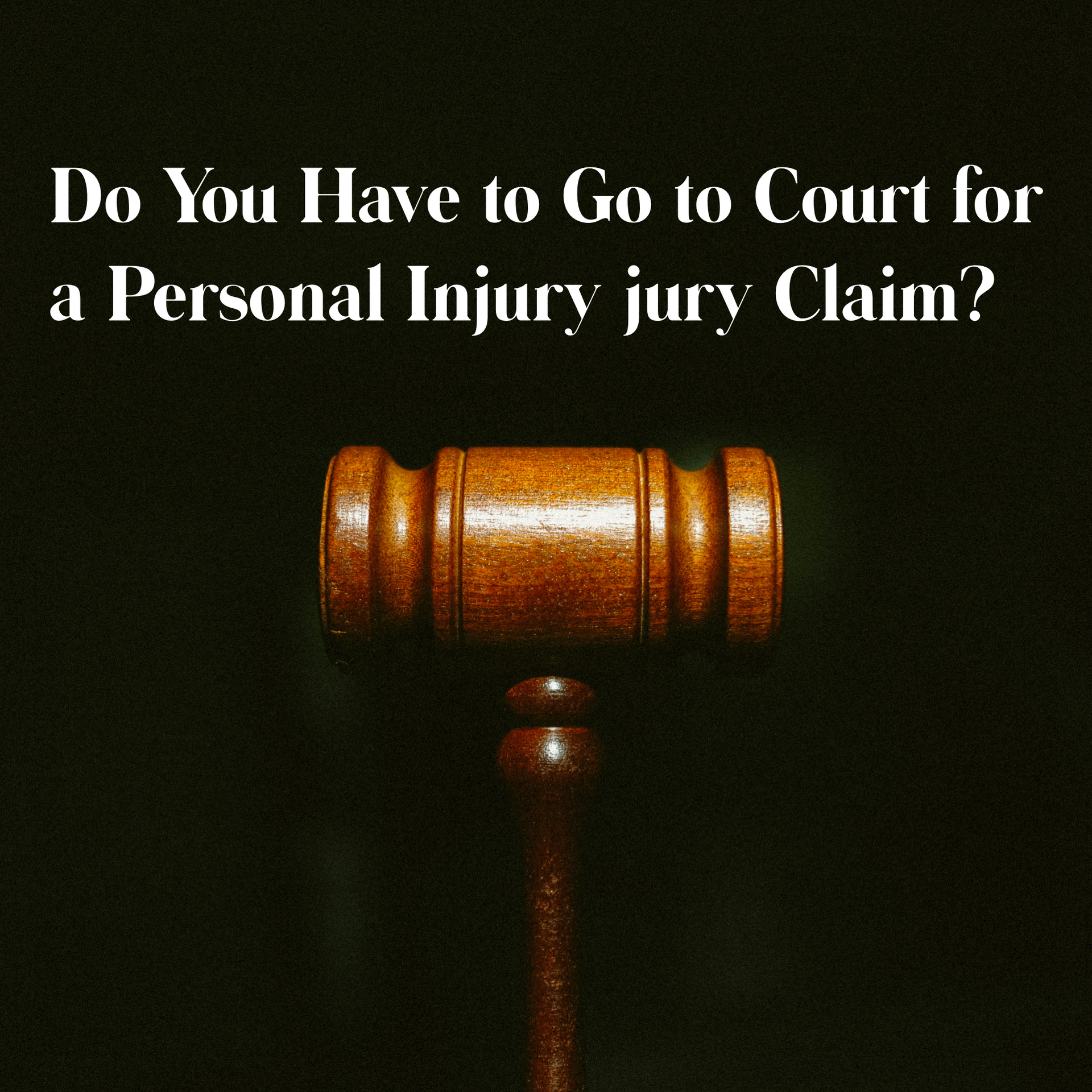Do You Have to Go to Court for a Personal Injury Claim?

One of the most common concerns individuals have when considering filing a personal injury claim is whether they'll have to go to court. The thought of facing a legal battle can be intimidating, but it's important to understand that not all personal injury claims end up in court. Let's delve into this topic to provide clarity and ease any apprehensions you may have.
Out-of-Court Settlements
Many personal injury claims are resolved without ever stepping foot in a courtroom. Through negotiation and mediation, parties can often reach an agreement that satisfies both sides. This process typically involves the injured party's attorney and the insurance company representing the at-fault party.
Advantages of Settlement
- Faster Resolution: Settling out of court tends to be quicker than going through a trial, which can take months or even years.
- Cost Savings: Avoiding litigation means saving on court fees, attorney fees for trial preparation, and other related expenses.
- Certainty: With a settlement, both parties know exactly what they're getting and avoid the uncertainty of a jury verdict.
When Court Becomes Necessary
While many cases are settled out of court, some disputes cannot be resolved amicably. In such instances, litigation becomes necessary. Reasons for this may include:
- Disagreement on Liability or Damages: If the parties cannot agree on who is at fault or the extent of damages, going to court may be the only way to resolve the matter.
- Unwillingness to Settle: Sometimes, one party may be unwilling to negotiate or offer a fair settlement, forcing the other party to pursue legal action.
Your Role as the Injured Party
If your case does proceed to court, your role will be to work closely with your attorney to prepare for trial. This may involve gathering evidence, providing testimony, and attending court hearings. Your attorney will guide you through the process and advocate for your best interests every step of the way.
Conclusion
In conclusion, whether or not you have to go to court for a personal injury claim depends on various factors, including the willingness of both parties to negotiate and the complexity of the case. While many cases are settled out of court, some may require litigation to reach a resolution. Regardless of the path your case takes, having an experienced personal injury attorney by your side can help ensure that your rights are protected and that you receive fair compensation for your injuries.
Remember, if you have any questions or concerns about your personal injury claim, don't hesitate to reach out to our office where we can provide personalized guidance based on your unique circumstances.

